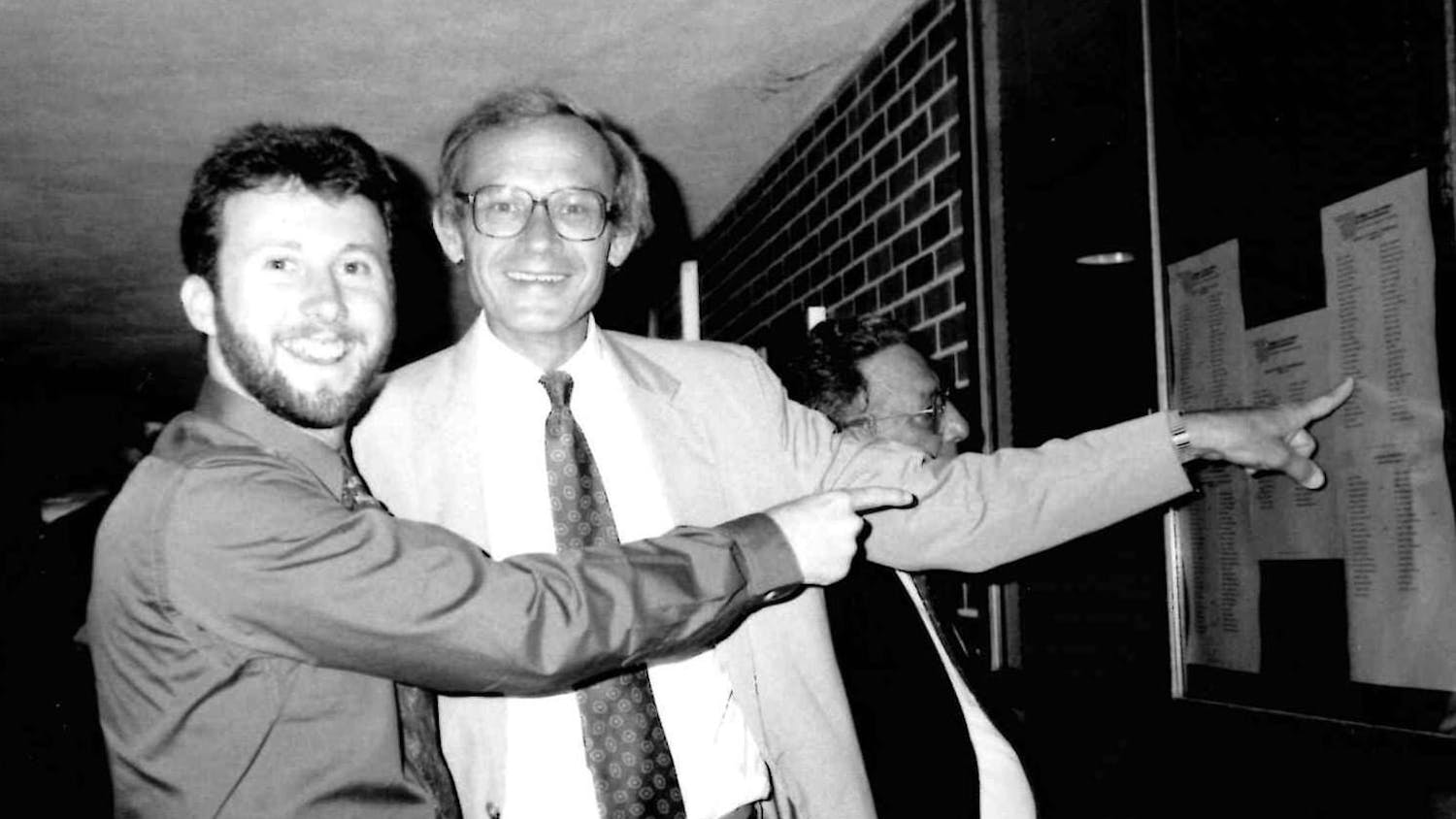A recent surge of whistle-blowing puts personal liberties into question.
Glenn Greenwald, a former Florida resident and journalist, has been attracting much attention to himself as of late.
According to Al Jazeera America, the popular whistle-blower landed himself on London’s and Washington’s hit lists last June after he met with NSA employee Edward Snowden in a Hong Kong hotel room — a rendezvous that resulted in the largest leak of classified documents in U.S. history.
Last Sunday, Greenwald’s partner David Miranda was detained for nine hours at Heathrow Airport in London. He was subsequently stripped of his laptop, phone and memory drive by the authorities. But wait, it gets better.
As if grand theft at Heathrow Airport isn’t enough of a thrill, a BBC report has confirmed that earlier this year Cabinet Secretary Sir Jeremy Heywood contacted the Guardian in order to request the destruction of sensitive information.
This request was sanctioned by the Prime Minister, who was kind enough to send intelligence experts to supervise in the smashing of the hard drives.
There is a very clear case for harassment here.
The war against terrorism is indeed important and should play a central role in policymaking, but the state shouldn’t go so far as to infringe on individual liberties, especially those exercised by journalists. Officials and those in favor of increasing surveillance often claim that it is in the best interests of the citizen’s security.
This is simply an attempt to redefine security, a definition that calls for the private citizen to exchange individual liberty in exchange for a false sense of security that allows gross executive expansion.
The case of Greenwald isn’t an anomaly, however, as whistle-blowing has been occurring quite frequently. Bradley Manning was convicted of leaking classified information, and Julian Assange has made an occupation out of leaking classified information via WikiLeaks.
If this flow of information should continue, it is unclear what the consequences will be.
Whistle-blowing requires the public to actually care about what their elected officials are doing and hold them accountable for their actions. Otherwise, a whistle-blower who reveals classified information to an apathetic public has a greater chance of being heard while yelling at a deaf man.
If you want an example of such an unfortunate individual, you needn’t look further than the current whistle-blowers to see the danger of an aggressive executive and an apathetic public.
Meanwhile, have there been any major policy changes in the United States since the leaks? What about a backlash against the NSA surveillance program? The people of Brazil seem more frustrated with the detention of Miranda in Heathrow than anyone in Britain.
The idea of representative government revolves around vertical accountability, where those who vote hold those in power to their promises.
The emergence of the whistle-blower is the embodiment of this idea. But the distance between the public and whistle-blower is a product of apathy, and the result is a growing executive branch without any accountability.
Richard Vieira is a UF political science senior. His column appears on Fridays. A version of this column ran on page 7 on 8/23/2013 under the headline "Increased whistle-blowing means a decrease in accountability"




